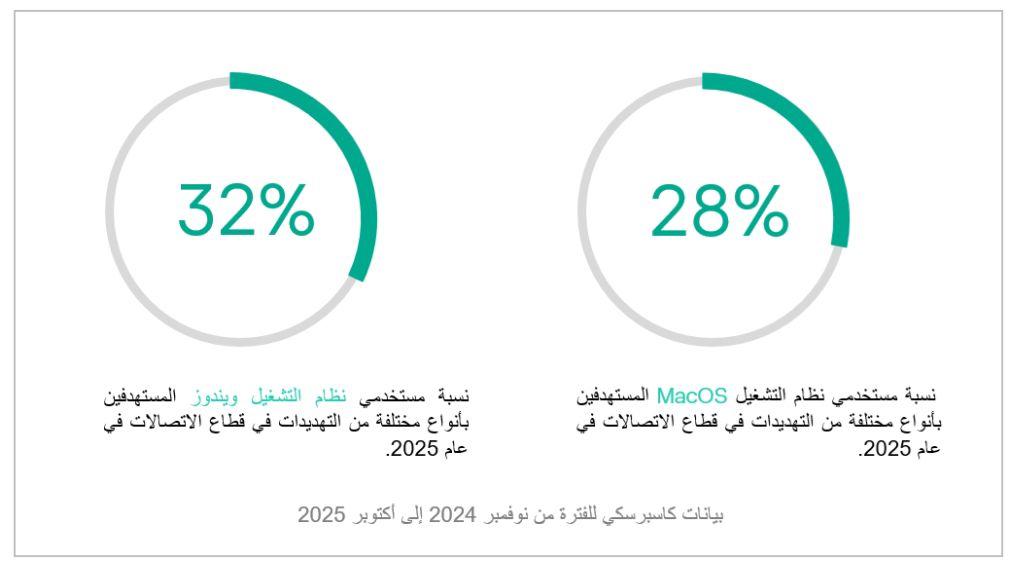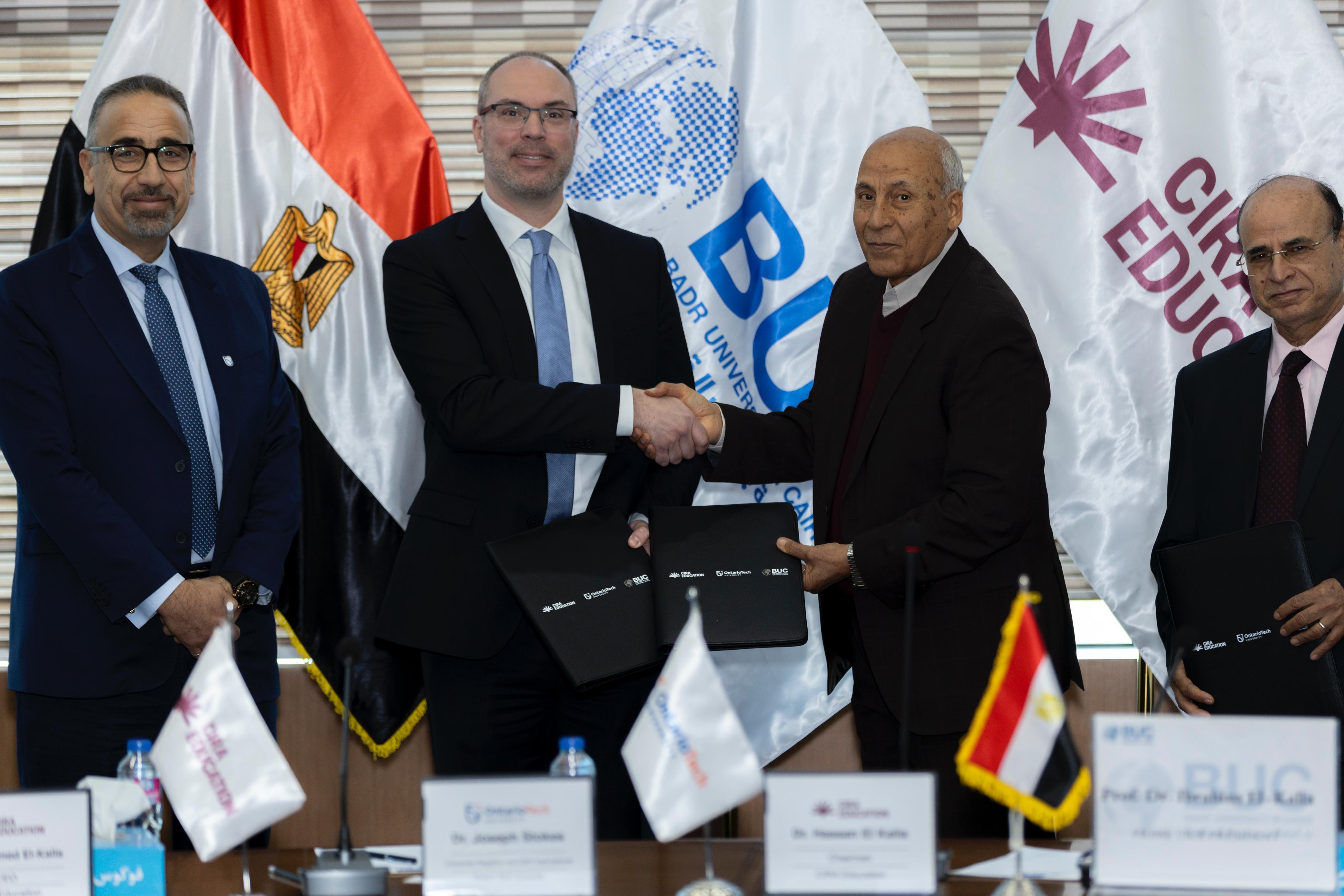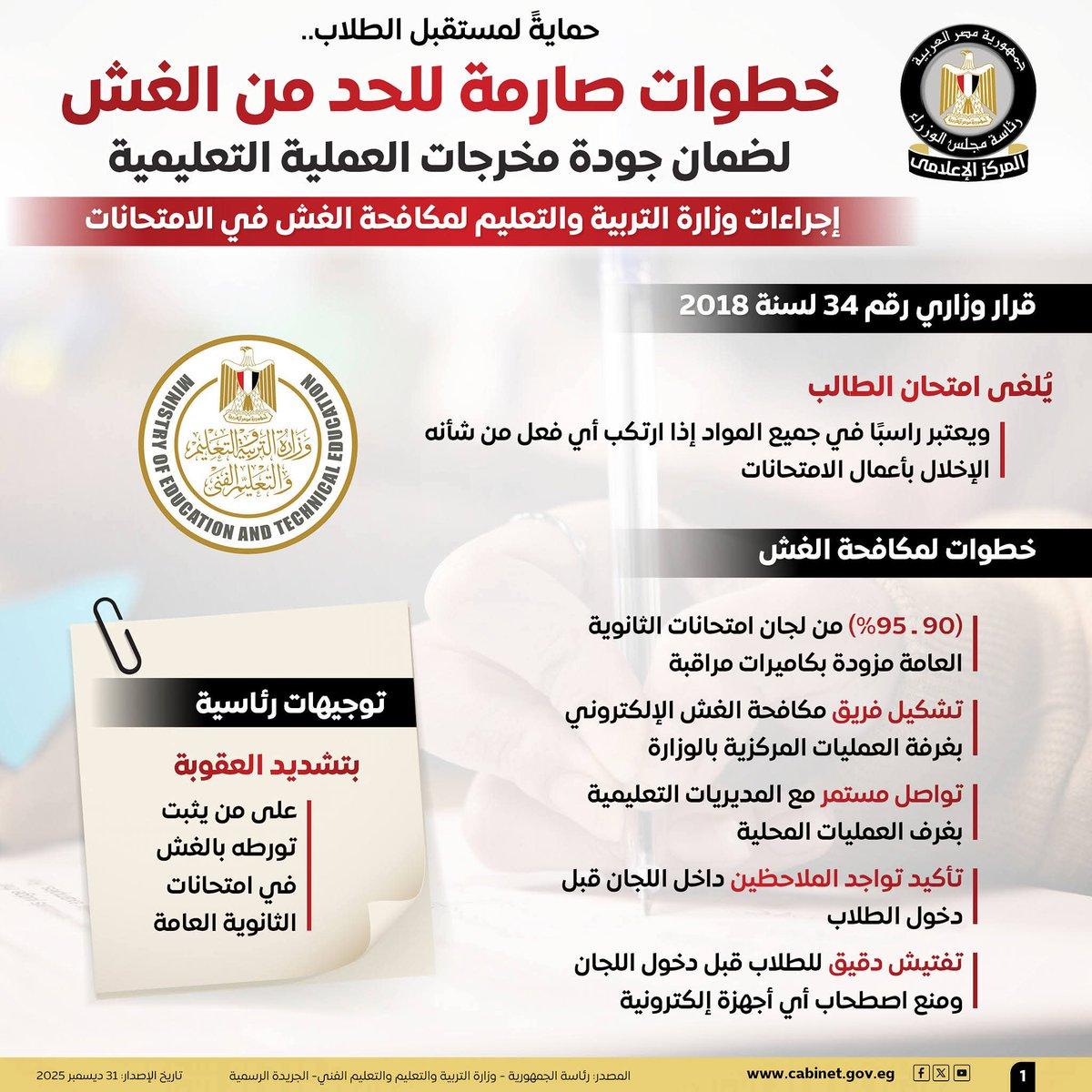People least responsible for climate change suffer most from extreme weather
By : Wael Elhosany
United Nations Secretary-General António Guterres met Tuesday at UN headquarters with leaders of UN agencies, funding institutions, humanitarian organizations, civil society and technology companies to build momentum for a global initiative to ensure universal protection by early warning systems by 2027.
Early warning systems are widely regarded as essential for climate change adaptation. They are a relatively inexpensive and effective way to protect people and property from storms, floods, heatwaves, tsunamis and other hazards.
Today, half of the world's countries lack early warning systems, while fewer have regulatory frameworks linking early warnings to emergency plans.
The Early Warnings for All Initiative (EW4All) calls for targeted investments between 2023 and 2027 of USD 3.1 billion. The funding would cover strengthening disaster risk knowledge, observations and forecasting, preparedness and response, and communication of early warnings.
ITU Secretary-General Doreen Bogdan-Martin said: “When disaster strikes, people and communities can turn to technology as a lifeline. By leading the work of the UN Early Warnings for All Initiative on ‘Warning Dissemination and Communication’, ITU is helping ensure that those at risk can act in time in our increasingly climate-vulnerable world.”
The Early Warnings for All Initiative was launched in November 2022 at COP27 in Sharm El-Sheikh, Egypt.
EW4All is co-led by WMO and UNDRR and supported by pillar leads ITU and IFRC. Implementing partners are: FAO, OCHA, UNDP, UNEP, UNESCO, REAP, and WFP.














































































